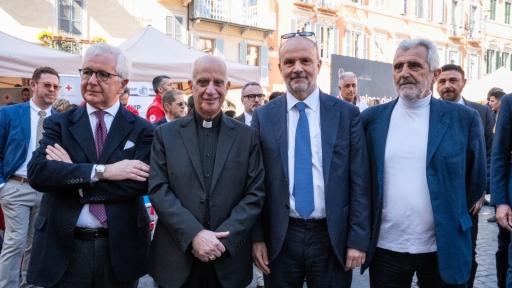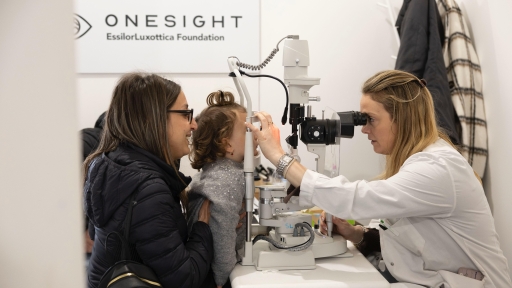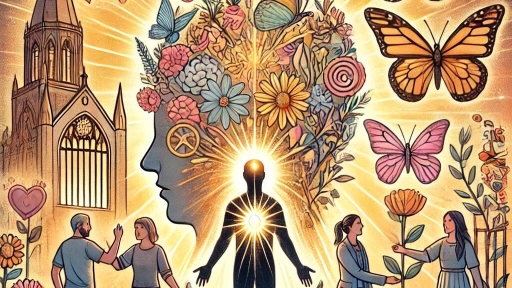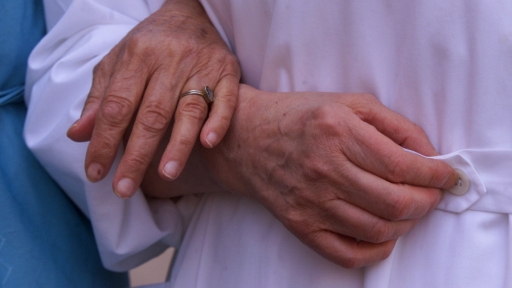On the occasion of the Jubilee of the Sick and the Healthcare World, the event "the value of giving and solidarity" was held on the afternoon of saturday, april 5th in piazza di spagna, rome. it was promoted by the Ministry of Health in collaboration with the National Blood Centre, the National Transplant Centre, the National Institute for the Promotion of the Health of Migrant Populations and the Fight Against Poverty-related Diseases, the Red Cross, and the blood donation associations Avis, Fidas, Donatori Nati, and Fratres.
after the performance by the National Fire Brigade Band, speeches by Monsignor Rino Fisichella, pro-prefect of the Dicastery for Evangelization, and the Minister of Health, Orazio Schillaci, opened the event, which the Ministry dedicated to blood and organ donation, promoting the culture of giving and solidarity towards others.
“i am grateful to Minister Schillaci for his participation and support of this jubilee event, which seeks to highlight major themes related to healthcare. our thoughts go first to the sick, to those in hospitals, clinics, and nursing homes, who can experience the great gift of the Jubilee even through suffering. together with them, we express gratitude to doctors, nurses, and all healthcare personnel for their often strenuous commitment," said Monsignor Rino Fisichella, pro-prefect of the Dicastery for Evangelization and coordinator of the Jubilee 2025.
"i thank Monsignor Fisichella for his words and valuable presence," said Minister Orazio Schillaci. "the Jubilee of the Sick and the Healthcare World reminds us of the priceless value of care, not just as treatment of illness but as a 'relationship' between those who provide care and those who receive it. solidarity can take many forms, and among the noblest is the donation of blood and organs. because there is no greater gift than the one that saves a life. today, i want to thank all donors for their exemplary altruism, and all healthcare and social workers who care for us every day with professionalism and dedication.”
the event, hosted by journalist and television presenter Benedetta Rinaldi, also featured greetings from the Mayor of Rome, Roberto Gualtieri, and, representing the Lazio Region, the Councillor for Social Inclusion and Personal Services, Massimiliano Maselli.
after the official speeches, healthcare professionals, patients, and donors shared their personal stories of patient care, donation, and recovery, thanks to the generous acts of those who gave a part of themselves for others’ health.
professor Francesco Franceschi, Director of the Emergency Medicine and Emergency Room Unit at Policlinico Gemelli, spoke about the emergency room experience and the critical importance of blood donation in life-saving therapies.
accompanied by the doctor who treated them, professor Antonio Grieco, former director of the transplant unit at Policlinico Gemelli, Catia Casagrande and Chiara Daconto shared their testimonies on how organ donation gave them back full lives. catia, after two kidney transplants thanks to the generosity of her mother and brother, has returned to a full life and recently became a mother; chiara, 26 years old, underwent a liver transplant and has resumed a normal life like her peers, recently graduating in medicine.
alessandro vernucci, a former leukemia patient, thanked all blood donors by recounting his long journey of chemotherapy and blood transfusions, leading up to a bone marrow transplant from family stem cells that restored him to better health.
then it was the turn of antonio staiola, a 'champion' in blood donations with over 100 donations, who was honored by the Donatori Nati association for his outstanding humanity.
finally, together with Cristiano Camponi, Director General of the National Institute for the Promotion of the Health of Migrant Populations and the Fight Against Poverty-related Diseases, the event explored the theme of supporting the most fragile and vulnerable as an expression of solidarity, recalling the efforts made in Ukraine to strengthen healthcare assistance to the population.
throughout the afternoon, the Ministry of Health's "donate life, donate blood" campaign was broadcast on the large screen set up in piazza di spagna, featuring video stories about donation and solidarity. educational materials were distributed to all participants and citizens, and information on blood and organ donation was provided at the stands of the associations and institutions set up in the square.









